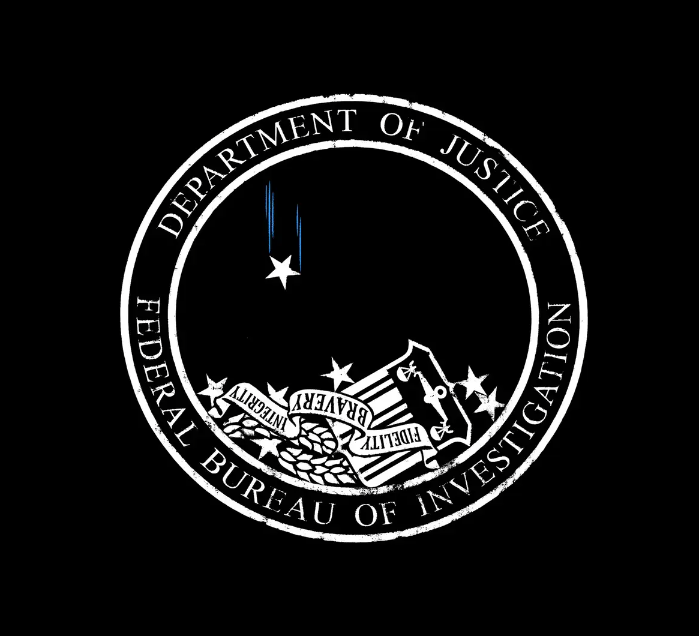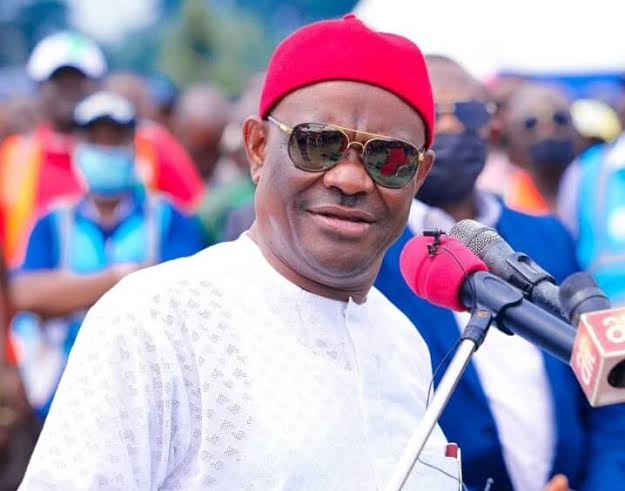
The Federal Bureau of Intimidation? How Trump’s FBI Overhaul Has Americans Looking Over Their Shoulders

In a chilling and unprecedented move that has sparked national and international alarm, President Donald Trump’s second term is fast becoming synonymous with the dismantling of one of America’s most trusted security institutions. Barely eleven days into his renewed presidency, the Trump administration has embarked on a rapid and ruthless purge of the Federal Bureau of Investigation, shaking the very foundations of the agency responsible for protecting Americans from threats both foreign and domestic. What began as a political reshuffle has now escalated into a full-blown institutional upheaval, threatening to compromise public safety and weaponize law enforcement against dissent.
Eight of the FBI’s most seasoned managers — including the heads of national security, criminal investigations, and cybersecurity — were abruptly removed from their posts. The justification? Not incompetence or misconduct, but suspicion that their previous involvement in investigations related to Trump, particularly surrounding the January 6th Capitol insurrection, made them unreliable foot soldiers for his renewed vision of governance. This was more than political house-cleaning; it was a purge. And it was just the opening act.
In the months that followed, the carnage continued. Seasoned agents, some of whom had spent decades cultivating intelligence, building global networks, and tracking dangerous threats, were either fired outright, demoted, or pressured to resign. Hundreds more, unwilling to pledge fealty to a politicized mandate, walked away from the bureau. Their absence has left critical security divisions hollowed out, leaving America’s defenses frighteningly thin. From biosecurity to foreign espionage to domestic terrorism — the FBI’s capacity to respond has reportedly diminished in both scope and effectiveness.
According to reports, this new FBI is being remodeled into an enforcement wing of Trump’s "America First" doctrine — one that values loyalty over law, and ideology over integrity. In place of seasoned professionals, loyalists are being installed, many with little to no experience in high-level federal investigations. The transformation is already being felt across the bureau, with senior officials describing an atmosphere of fear and political pressure.
The danger of this shift cannot be overstated. In a world where threats evolve rapidly — where cyberattacks can paralyze infrastructure, where lone-wolf terrorists can turn ideology into massacre, and where foreign governments wage covert wars of influence — a compromised FBI is a compromised America. Intelligence sharing is reportedly down, inter-agency trust is fraying, and foreign partners are beginning to question the stability of their relationships with U.S. security agencies.
This isn’t the first time an American president has tried to use the FBI for personal or political gain. J. Edgar Hoover, the bureau’s first director, wielded it like a private spy ring for decades. President Nixon infamously used federal agencies to target his enemies until Watergate brought his administration crashing down. But after Nixon, reforms were implemented to restore and protect the bureau’s independence. Every president since — Republican and Democrat alike — has, to varying degrees, respected that independence. Until now.
What’s different in Trump’s second term is the brazenness. There’s no subtlety in this approach, no attempt to preserve the illusion of neutrality. Emil Bove, then the acting deputy attorney general, outright stated that certain officials “could not be trusted to carry out the president’s agenda.” This shift in language — from serving the Constitution to serving the president — marks a dangerous departure from democratic norms.
And Americans are beginning to feel it. Trust in the FBI, once one of the most respected agencies in the federal government, is plummeting. The bureau is now viewed not as a shield for the people, but as a potential weapon in the political arsenal of the president. The consequences are profound. Whistleblowers are staying silent. Critics of the administration are growing more cautious. Journalists are more hesitant, activists more careful, and ordinary citizens more suspicious.
Even within the Department of Justice, the alarm is sounding. A former senior official warned that the FBI is now “completely unprepared to respond to a crisis.” That includes not only threats on American soil, but also the ongoing conflict in the Middle East, which has already begun spilling over into domestic extremism and online radicalization. Without a fully staffed, expertly led FBI, the nation’s ability to respond to these threats is significantly compromised.
What makes this transformation even more perilous is that it is happening with alarming speed and under a fog of apathy or complicity. There has been little pushback from Republican leaders, many of whom fear retribution or political fallout. Meanwhile, Democrats and civil liberties groups are sounding the alarm, but their warnings are often drowned out by the sheer volume of crises now associated with the Trump administration.
The American public is left in a vulnerable position. They are watching as an institution designed to be apolitical is stripped of its objectivity and turned into a partisan weapon. They are witnessing a shift that could have long-term consequences for democratic accountability, freedom of speech, and the ability of government agencies to act independently of political influence.
Trump has always made clear that loyalty to him is the highest currency. What we are seeing now is the manifestation of that ethos across the nation’s most powerful investigative agency. The message to federal officials is unmistakable: fall in line, or fall away. And that message, echoed across other institutions, is transforming the very character of American governance.
This editorial, published by The New York Times' Editorial Board, may be grounded in opinion, but the facts are clear and deeply troubling. The FBI — for all its flaws and controversies — has historically served as a critical pillar in America’s defense architecture. The systematic removal of its leadership and the politicization of its operations not only jeopardizes that role but reshapes it into something far more sinister.
The implications of this shift are vast. Without independent law enforcement, checks on executive power begin to vanish. Without seasoned investigators, crimes go undetected or unpunished. And without trust in federal institutions, the social fabric begins to fray. America’s enemies — both internal and external — are likely watching this unraveling with interest, and perhaps, with satisfaction.
This is not a partisan concern. It is an American one. The reshaping of the FBI into a political arm of any administration undermines democracy itself. The costs are already being felt — in lost talent, reduced capacity, and growing public fear. The longer this continues, the deeper the damage will run.
In the end, the question is not just what will become of the FBI under Trump. It’s what will become of the country that allows it.


